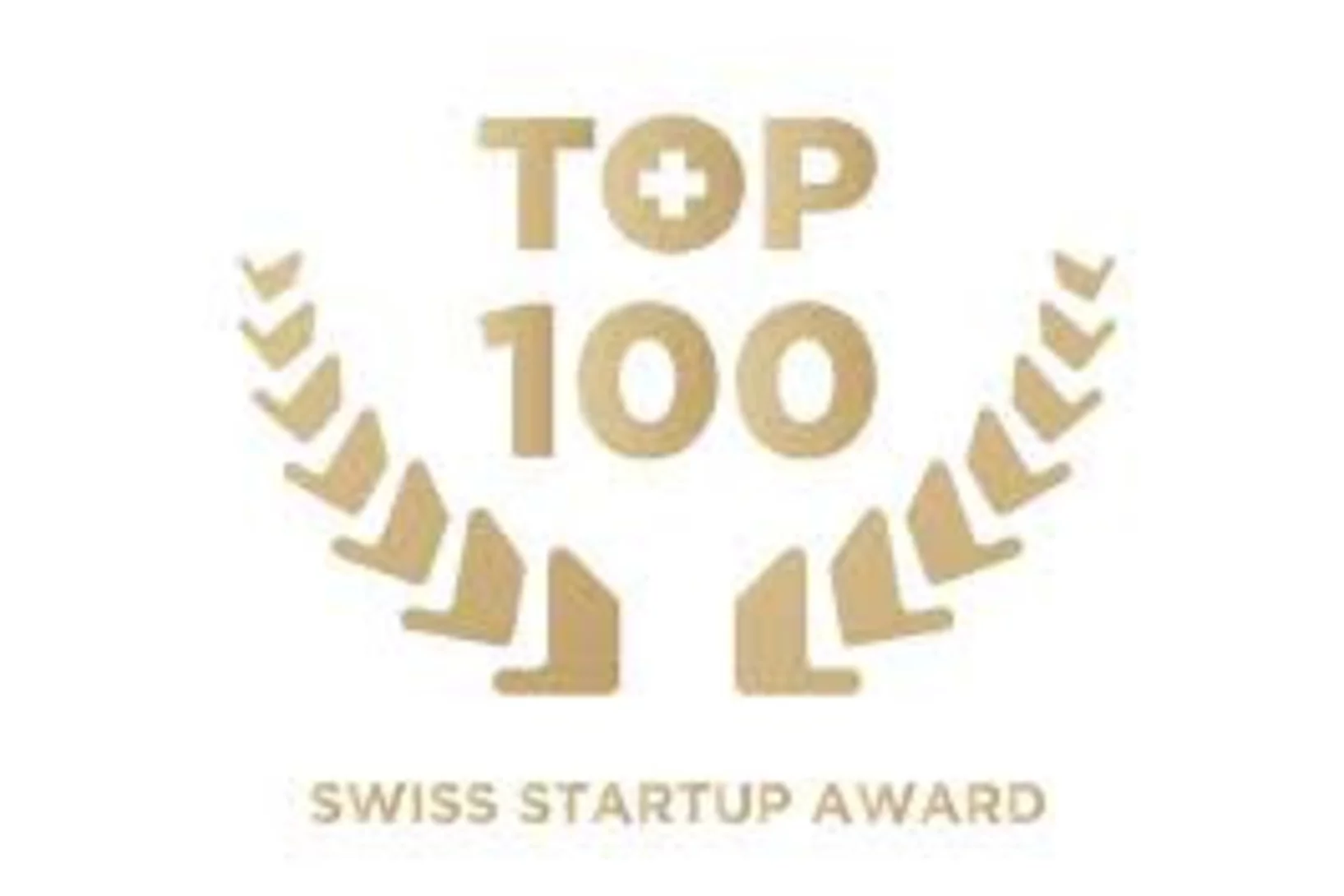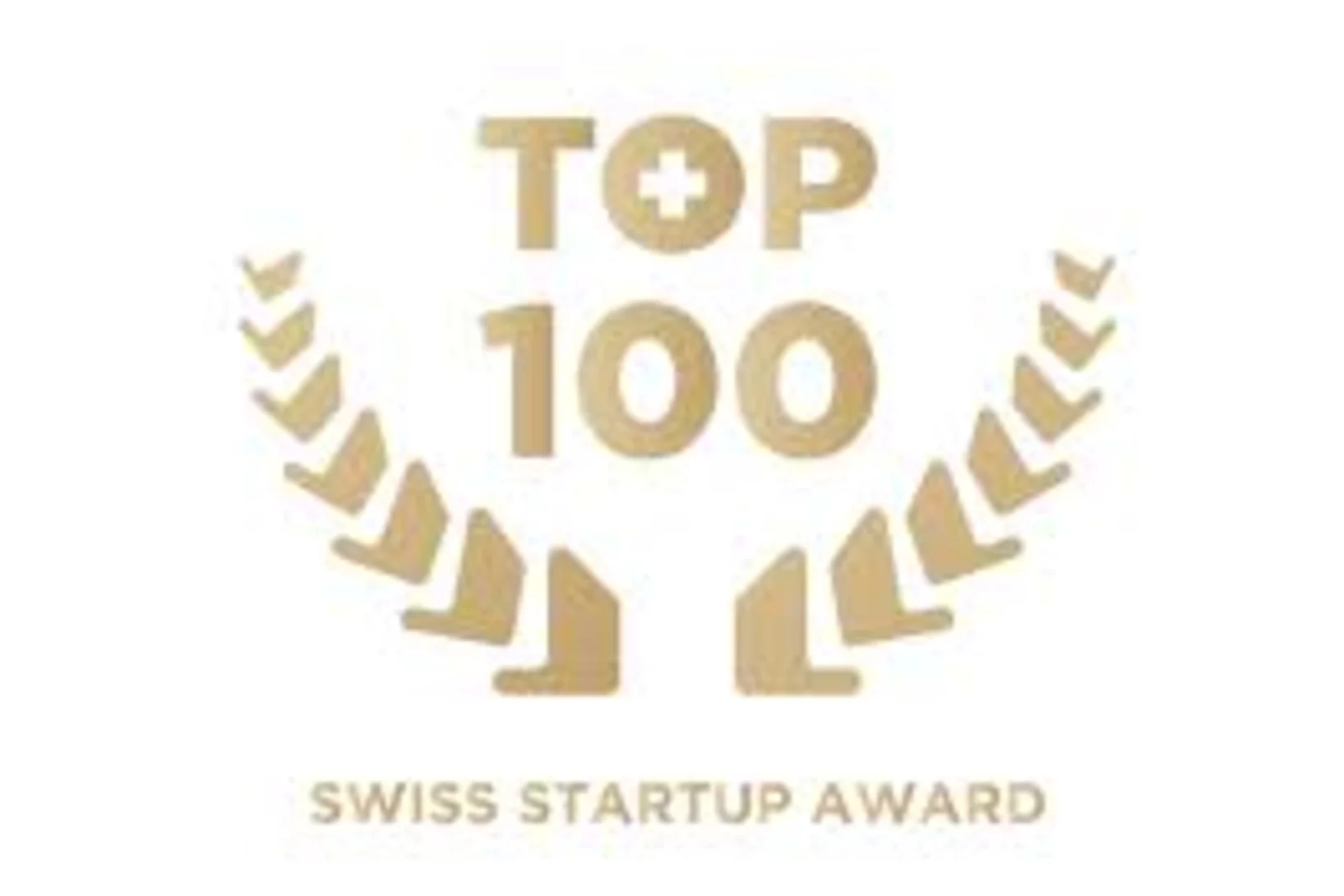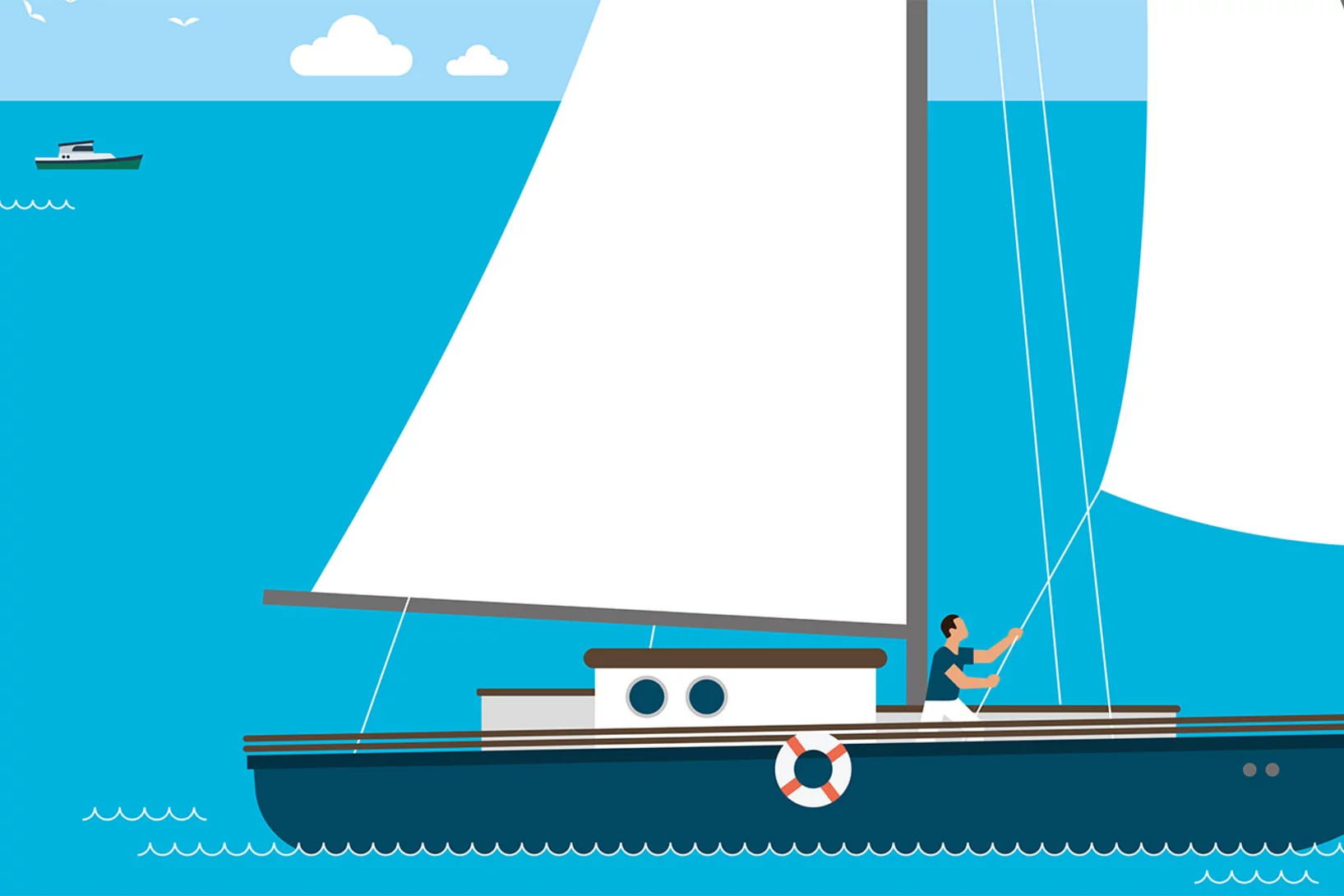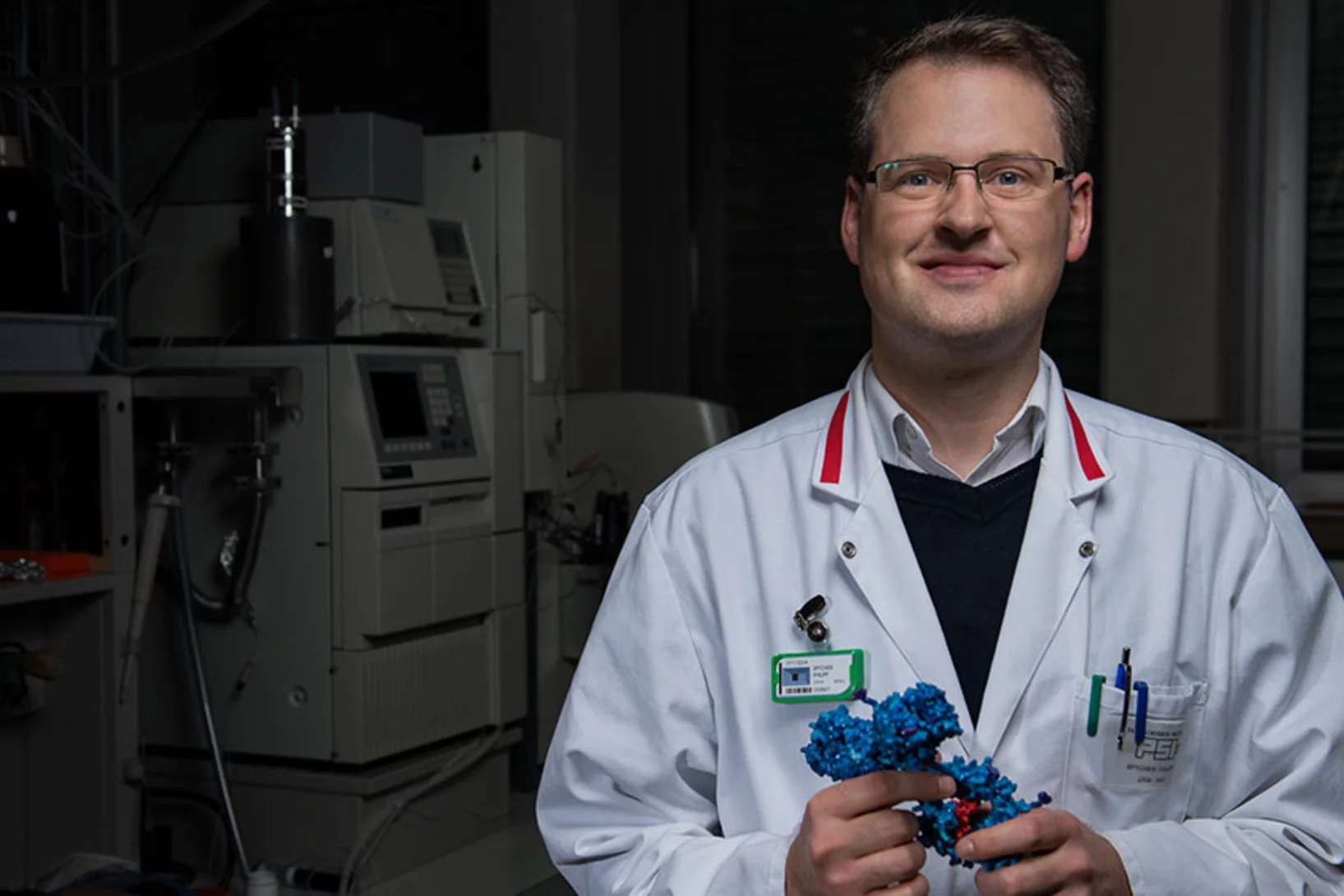PSI spin-off Araris Biotech AG is being acquired by the multinational pharmaceutical company Taiho Pharmaceutical Co., Ltd. The total value of the deal comes to USD 1.14 billion – making Araris the first PSI spin-off to achieve the exclusive unicorn-level!
The deal includes an initial payment of $400 million and milestone payments of a further $740 million, bringing the total deal size to $1.14 billion. Contract structures like this are typical for the acquisition of companies in the biotech sector. The term ‘unicorn’ is used in the business world to describe something very special: a start-up that has achieved a valuation of over 1 billion US dollars.
With this deal, the start-up Araris, which was spun out of the Paul Scherrer Institute PSI in 2019, will now be fully acquired by Taiho Pharmaceutical Co. The total value of this acquisition confirms the innovative potential of Araris' therapeutic approach, which aims to improve the efficacy and tolerability of cancer therapies.
Araris Biotech AG develops novel antibody-drug conjugates (ADCs) for the targeted treatment of cancer. The company was founded by Philipp Spycher, building on research carried out at PSI’s Center for Radiopharmaceutical Sciences. Spycher developed a method that allows cytotoxic agents to be bound to antibodies more firmly than before. In this technology, the antibody delivers the drug specifically to the diseased tissue, where it destroys the tumour cells. This work led to several patent applications and PSI’s own funding programme “PSI Founder Fellowship” supported him as he refined his research and developed a business idea. The concept convinced notable investors. Hence, the acquisition is a huge success not only for Araris Biotech AG, but also for PSI.
The technology transfer team at PSI supported Spycher on his journey from “researcher to entrepreneur” and ultimately helped him set up the spin-off Araris Biotech AG. PSI promotes spin-offs and with them the commercialisation of know-how and technologies developed at PSI that benefit society in the form of new products or services. “Spin-off companies are of strategic importance to PSI, because they bring the know-how gathered here to the market very efficiently, increase the visibility of PSI and contribute to strengthening the Swiss economy,” says John Millard, Head of Technology Transfer at PSI. Successful spin-offs also strengthen the innovative power of the Canton of Aargau and create new jobs.
Since its launch in 2019, Araris Biotech AG has been on the road to success with Philipp Spycher as its CEO and later CSO. Highlights along the way have included the Venture Leaders Life Science Award, support from “Venture Kick” and several years in the top 15 of the “100 TOP Swiss Startup Award”. In addition, Araris has managed to attract numerous investors and establish strategic partnerships in the field of cancer therapy.
The technique developed by Araris for attaching the antibody to the drug is more efficient and simpler to manufacture than existing methods. This is why Araris will continue its activities in Switzerland as a subsidiary of Taiho, focusing on developing potent antibody-drug conjugates for use in cancer therapy.
PSI wishes the company all the best for the future!
Contact
Further information
More articles on this topic
About PSI
The Paul Scherrer Institute PSI develops, builds and operates large, complex research facilities and makes them available to the national and international research community. The institute's own key research priorities are in the fields of future technologies, energy and climate, health innovation and fundamentals of nature. PSI is committed to the training of future generations. Therefore about one quarter of our staff are post-docs, post-graduates or apprentices. Altogether PSI employs 2300 people, thus being the largest research institute in Switzerland. The annual budget amounts to approximately CHF 460 million. PSI is part of the ETH Domain, with the other members being the two Swiss Federal Institutes of Technology, ETH Zurich and EPFL Lausanne, as well as Eawag (Swiss Federal Institute of Aquatic Science and Technology), Empa (Swiss Federal Laboratories for Materials Science and Technology) and WSL (Swiss Federal Institute for Forest, Snow and Landscape Research). (Last updated in June 2024)








